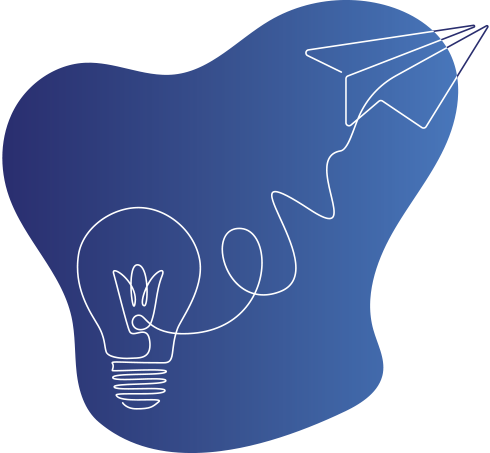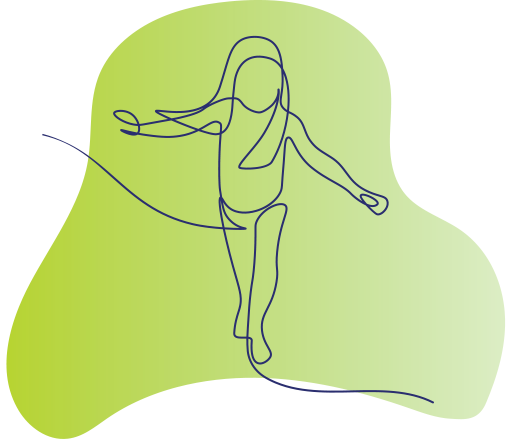I will succeed
in life
I will succeed in life
Philosophy & Values
At LINC Academy we believe that students’ ability to excel is dependent upon a joyous learning environment surrounded by a team of educators who are committed to supporting their holistic development and growth. We believe all students have the potential to excel in learning and to lead their communities as change agents. LINC Academy draws inspiration from the latest research in neuroscience, restorative practices, self-determination theory, and transformational education theory.

Neuroscience and Student Development
LINC Academy recognizes the importance of linking the neuroscience of child development to its policies and practices. The brain exists to adapt, learn, and re-learn in a constant and ever-evolving world. Our brains can more readily grow in environments that are safe, challenging, and supportive. While schools exist within the greater ecosystem of a child’s world, they do play a great part in their socialization, understanding of the world, and personal development. Neuroscientists state that educators’ ability to create and sustain loving, warm, and welcoming classroom cultures greatly impact young people’s learning.
Connection and Community
Our approach encourages every student to contribute to a culture of care. By valuing each person’s voice and perspective, we nurture a community where connection, respect, and shared growth are central to both learning and life.
Through daily interactions, collaborative projects, and reflective discussions, students learn how their choices affect those around them. They practice empathy, communication, and accountability—skills that help them build positive, lasting relationships.


Self Determination and Self Efficacy
An individual’s belief in their ability to succeed in life greatly influences how they think, act, and interact with the world. LINC Academy believes in the importance of “windows and mirrors.” Windows allow us to see what is possible in the world, and mirrors allow us to see ourselves in connection to others and allow us to determine our own sense of belonging and ownership.
Transformational Education®
One of the core tenets of LINC Academy is rooted in the Transformational Education model. Transformational Education describes the process where administrators and educators play equally essential roles as leaders within the community, which subsequently positively contribute to student performance, wellness, and development. While traditional school models believe and exercise a top-down model of leadership, LINC Academy believes in collective and distributed leadership where each individual is leading by example for young people.

